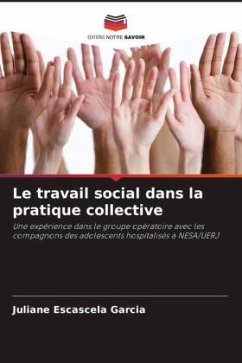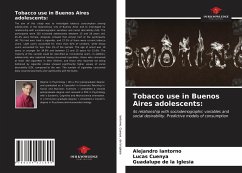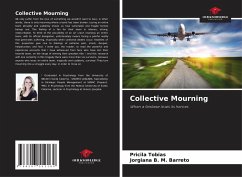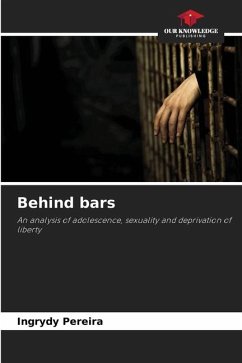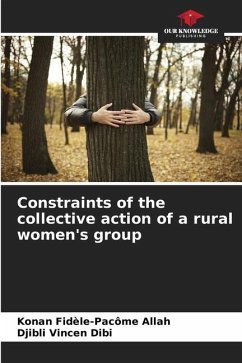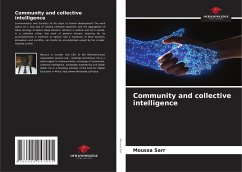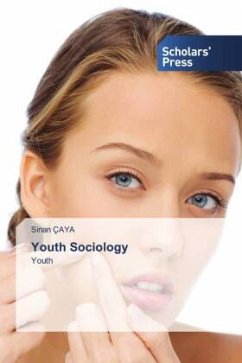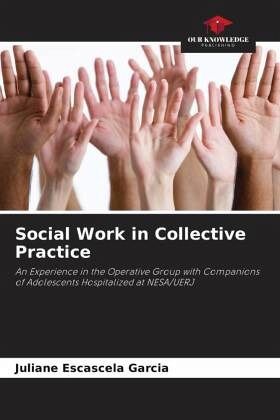
Social Work in Collective Practice
An Experience in the Operative Group with Companions of Adolescents Hospitalized at NESA/UERJ
Versandkostenfrei!
Versandfertig in 6-10 Tagen
24,99 €
inkl. MwSt.

PAYBACK Punkte
12 °P sammeln!
The aim of this study is to analyze the work developed in the Operative Group with Companions of Hospitalized Adolescents at the Adolescent Health Studies Center - NESA/UERJ. To this end, some historical milestones are presented about the relationship between collective practice and Social Work throughout the history of the profession in order to reflect on the advances and setbacks in this area. Through a review of the institutional history, an attempt was made to get to know the adolescent ward and the work carried out in the Operative Group, whose focus is on the perspective of rights and h...
The aim of this study is to analyze the work developed in the Operative Group with Companions of Hospitalized Adolescents at the Adolescent Health Studies Center - NESA/UERJ. To this end, some historical milestones are presented about the relationship between collective practice and Social Work throughout the history of the profession in order to reflect on the advances and setbacks in this area. Through a review of the institutional history, an attempt was made to get to know the adolescent ward and the work carried out in the Operative Group, whose focus is on the perspective of rights and health education, understanding the family as a fundamental actor in the integral re-establishment of adolescents and their participation in the health-disease process. It also presents Pichon-Rivière's operative group technique, which, among other techniques and instruments, is used in the work with the NESA ward group. Finally, it analyzes the limits and possibilities of working with groupsin a ward at a high-complexity university hospital and the consequences of working with the group in relation to the institutional routine and the lives of the adolescents and their companions and families.





